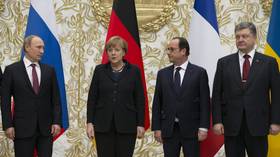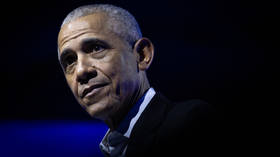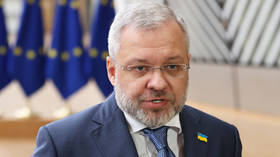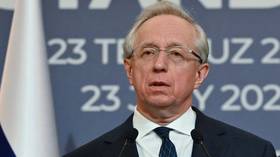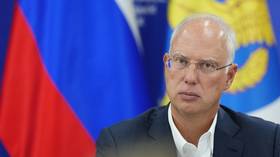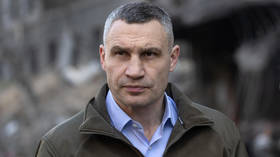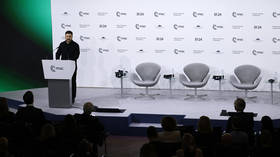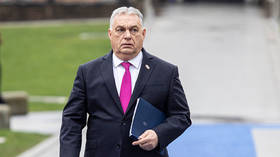Merkel has admitted deception over Minsk peace deal – Russia
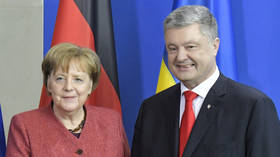
Former German Chancellor Angela Merkel has confirmed her government’s duplicity regarding the conflict in Ukraine by confirming that the 2014 ceasefire agreement was meant to give Kiev time to build up its military, Russian Foreign Ministry spokeswoman Maria Zakharova has said.
In an interview with Zeit magazine published on Wednesday, Merkel said that the Minsk protocol brokered by Germany and France was “an attempt to give Ukraine time,” which it used to “become stronger” as evidenced on the battlefield now. She was referring to the first of the two documents known collectively as the “Minsk agreements” that were designed to help Kiev reconcile with rebels in the east, who had rejected the outcome of an armed coup in the capital in 2014.
Berlin and “by extension, the West” never intended to implement the Minsk agreements, Zakharova concluded based on Merkel’s remarks. The US and its allies “simulated supporting the UN Security Council resolution” which endorsed the roadmap to peace while pumping weapons into Ukraine and “ignored all crimes committed by the Kiev regime … for the sake of a decisive strike against Russia,” she explained in a social media post on Thursday.
In the Zeit interview, Merkel stated that Russia “could easily have overrun” Ukrainian troops in 2015, adding that she doubted that “NATO countries could have done as much then as they do now”. The second part of the Minsk agreements was signed in February 2015 amid a military defeat suffered by Ukrainian troops, which attempted to quash the Donbass militias.
Merkel’s description of the accords coincides with that made by former Ukrainian President Pyotr Poroshenko, during whose tenure they were signed. Domestically, in August 2015, he stated that the peace deal was a ruse to give his government time for a military buildup. He said the same thing to Western audiences in June this year.
Russia sent troops into Ukraine in late February, citing Kiev’s failure to implement the Minsk protocols, under which the regions of Donetsk and Lugansk would have been given special status within the Ukrainian state. The Kremlin recognized the Donbass republics as independent states, which have since voted to join Russia alongside Kherson and Zaporozhye regions.
Russia also demanded that Ukraine officially declare itself a neutral country that will never join any Western military bloc. Kiev insists the Russian offensive was completely unprovoked.
